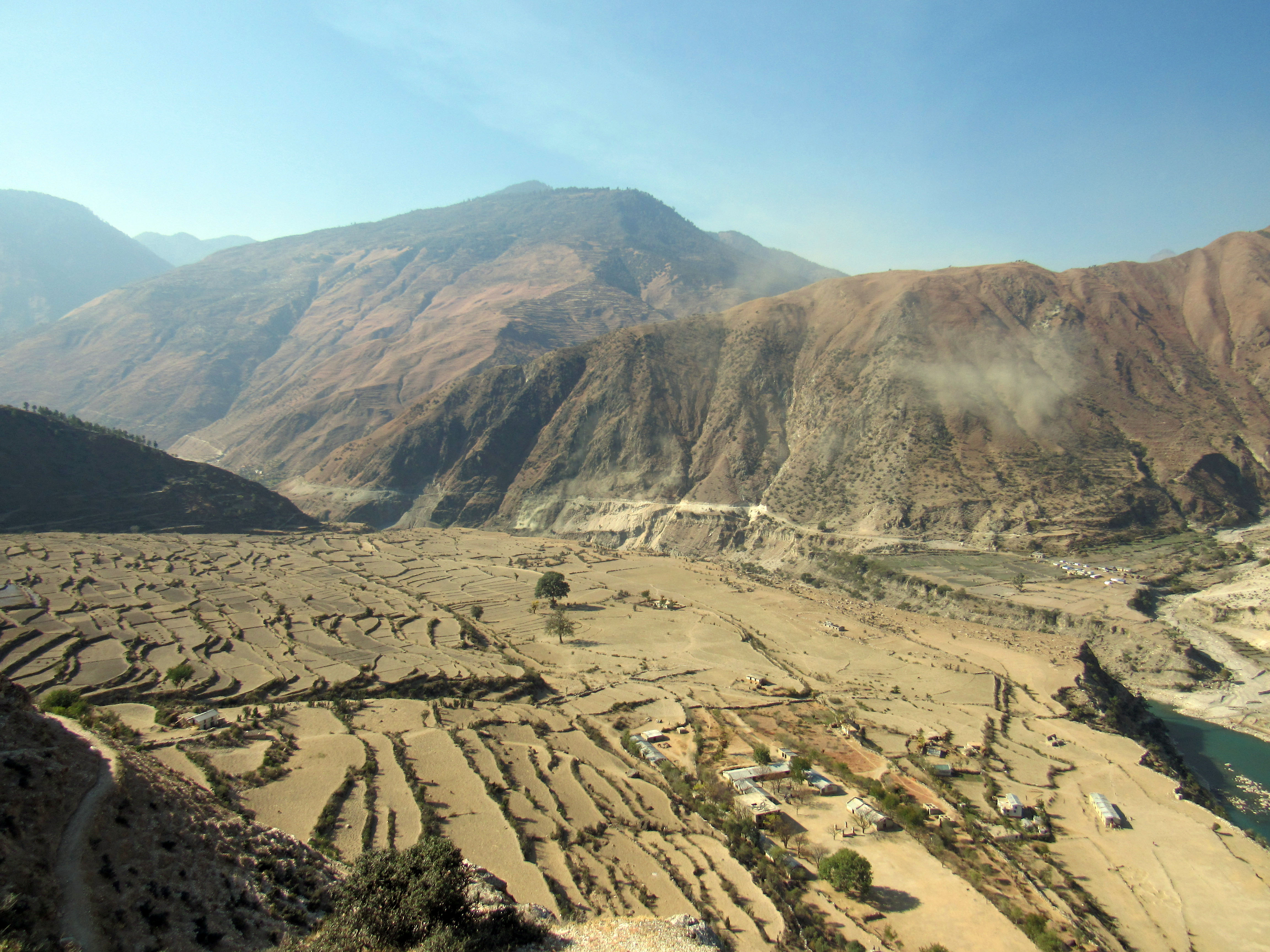Climate change affecting food production in Karnali
Jumla, April 27
Karnali is known as a fertile region for organic farm products in the country.
Eighteen thousand farmers’ households in Jumla are still dependent on agriculture for livelihood. However, climate change is taking a toll on the livelihood of farmers of the region.
No matter how hard they work to increase farm production, the yield is decreasing and it is not enough to support the food requirement of a family even for six months.
Some six to seven years ago, farmers had enough food to last for the whole year. They cultivated various cereal crops as paddy, barley, wheat, maize, finger and foxtail millet, and the production was also high.
Back then even a family with 12 members had enough to eat for the whole year.
But things have changed in recent years. Agriculture production in the region has been dwindling and Karnali is at risk of food insecurity as the farmers do not have knowledge regarding modern farming methods to cope with climate change effects. Even families which are ‘well-off’ are dependent on imported food grains. Agriculture economist Balak Ram Devkota summed up the situation, “The farmers in Karnali are facing a big problem in their livelihood.
On the one hand, uncultivated farm land is increasing, while on the other, the problem of food insecurity is rising.”
Jumla is at high risk of food insecurity due to decreasing production owing to climatic factors. Nearly 25 to 30 per cent of the population in all eight local levels of Jumla live in abject poverty.



